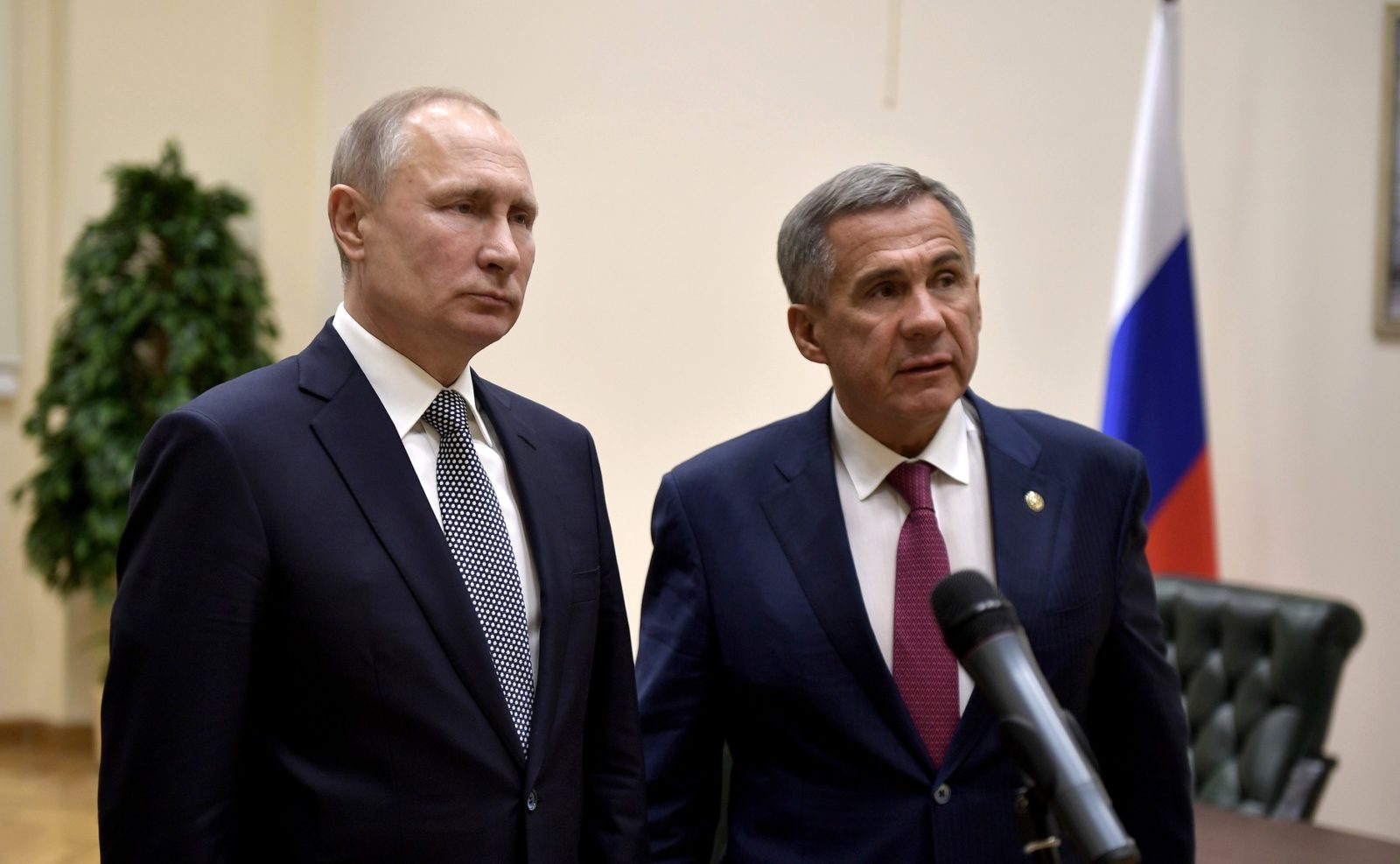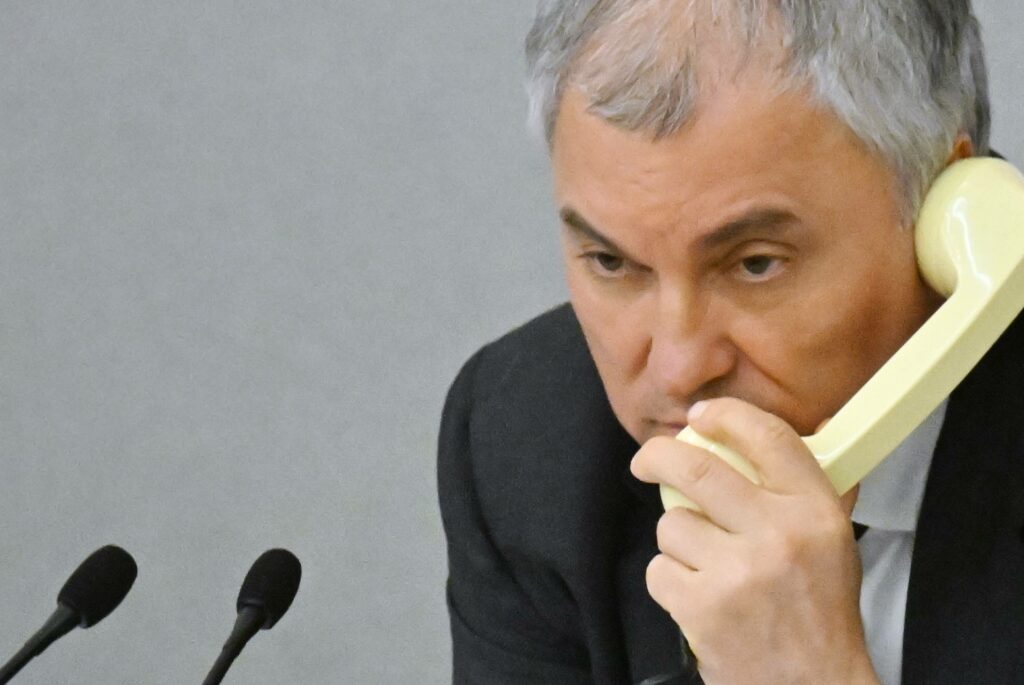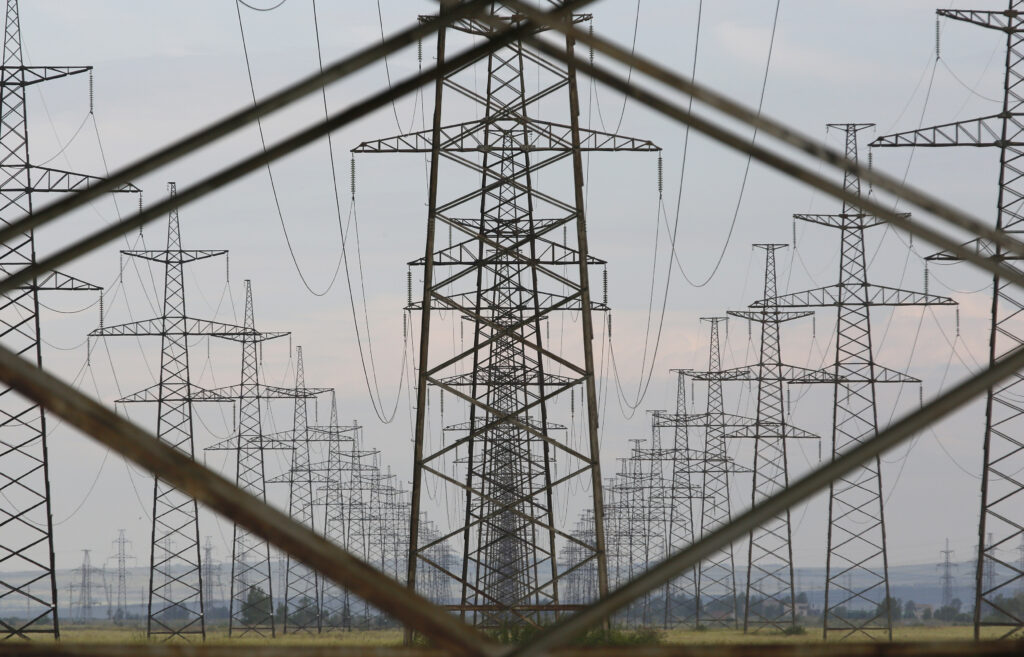The Treaty between the Republic of Tatarstan and the federal center expired on June 26. Adopted in 2007, the Treaty guaranteed the region certain exclusive rights for 10 years. Thus, for example, a 2010 law barred regions from calling the heads of their territorial entities «presidents;» Tatarstan is the only republic to have ignored this provision. Apart from the broad support of the republic’s population, the Treaty with the Russian Federation has been cited as the key legal argument behind the decision to establish the post of regional president. The Treaty also provided for inserts in ID documents in the Tatar language, with the emblem of the republic. And it established Tatar as an official language (one has to demonstrate knowledge of the language to serve as head of the republic, and the Treaty itself was written in two languages).
Despite the treaty’s expiration, the federal center refuses to conclude a new one. By «the federal center,» we mean the President of the Russian Federation himself: the Treaty was concluded between Vladimir Putin and the president of the Republic of Tatarstan (in agreement with the republic’s State Council). It then underwent a procedure of approval by a federal law. It is noteworthy that the Treaty was nearly abrogated at this stage in 2007: signed by Vladimir Putin and Mintimer Shaimiev back in 2005, and adopted by the State Duma in 2006, the bill was rejected by the Federation Council because of a «violation of the principle of constitutional equality.» The Federation Council did pass the bill in the end and Tatarstan became famous for being a «special» region, with exceptional relations with the federal center.
This reputation dates back to 1992, when Tatarstan refused to sign the Federation Treaty and held a referendum on sovereignty. The practice of concluding individual agreements between Tatarstan and the federal center started in 1994, when the region was granted a special right to independently manage its land and resources, and establish its own budget and public authorities. Later on, more than half of the regions concluded similar agreements with the center. However, everything changed after Boris Yeltsin’s resignation and Vladimir Putin’s ascent to power, when the new president embarked on a new policy of federal relations. Under the leadership of Dmitry Kozak, a new law governing general principles of the establishment of legislative and executive authorities of the regions, which unified relations between the federal center and the regions in terms of administrative governance, was developed and adopted by 2003. This process was accompanied by political and budgetary centralization, exemplified by the abolition of gubernatorial elections and a gradual pulling of regional revenues into the federal pocket, with their subsequent redistribution, and implementation of a policy of economic leveling among the regions.
The Treaty with Tatarstan does stand out as a special case, since other regions gave up treaties and regional presidents long ago. Theoretically, the center can exacerbate relations, and the prosecutor’s office can investigate the actions of the regional authorities, but Tatarstan has been granted the possibility of being a special region with no negative consequences in practice. Besides, it is an exceptional region in terms of its economy. To begin with, the republic is home to the only surviving large regional oil company, and the regional budget is enriched by tax revenue on oil-industry workers’ high incomes. Secondly, two mega events, the millennium of Kazan and Universiade, provided the region with cheap federal loans and an influx of tourists. In addition, Tatarstan, along with Chechnya, is considered a leader in «non-transparent» federal transfers, which are earmarked based on special and unclear terms. Still, the incumbent president of the Republic of Tatarstan, Rustam Minnikhanov, made several statements in late December 2016 about unfair «pumping out» of money from a profitable region in response to a reduction of subsidies from the federal budget. Similar statements were also made by Chechnya’s Ramzan Kadyrov, although the budgetary situation in his republic is very different from that of Tatarstan. For instance, in 2015, subsidies that are not repaid accounted for 13% of all budgetary revenue in Tatarstan, while they constituted 81% in the Chechen Republic.
Despite these differences, both regions enjoy special terms in their relations with the federal center. Thus, it can be assumed that federalism in its classical, «contractual» form exists in Russia; there are agreements between the regions and the center on what each of them can and cannot do. On the other hand, possible abrogation of the Treaty with Tatarstan implies the unitary logic of governance in Russia. When the center decides it is no longer beneficial to take into account the «specificity» of a region for one reason or another, it can change the rules of the game without negotiations or new agreements, at its sole discretion. This does not mean the federal center takes no risks; the reaction of the regions can be unfavorable. But ultimately, the federal center decides who is entitled to what rights.
The obvious question seems to be: What is the problem? This approach seems safe, rational and logical. The federal center solves the problem of dual sovereignty and curtails the whims of the regions that are ethnically distinctive or enjoy vast financial resources, and it maintains the territorial integrity of the country. Moreover, this strategy is apparently in line with the principle of socio-economic leveling out of the regions and creates a single territorial space. Going to extremes, we may assume that federalism is dangerous for Russia; decentralization and excessive independence of the regions could lead to another «parade of sovereignties» against the backdrop of uneven distribution of resources and cultural diversity.
However, a serious problem underpins this seeming logic, namely the lack of institutions. The Russian federalism of 2017 is a unitary model of administrative governance steered by a single hand. Situational factors such as economic crises, presidential elections and protest sentiments can be crucial for the formation of the rules the regions will be playing by today. In this sense, the refusal to renew the treaty does not mean that Tatarstan loses its right to the official status of the Tatar language or its economic privileges; all these symbolic attributes may persist for a long time, or at least for as long as the region remains on a small list of «donors.» The fundamental difference is the rejection of a formal institution: the treaty.
The absence of formal institutions in the presence of informal arrangements is dangerous because of uncertainty, as there are no formal guarantees for the players. From a legal point of view, it is disputable whether the main guarantor of stability in Russia is the Constitution, which defines all the rights and obligations of both the regions and the federal center. However, no constitution can exhaustively describe all the nuances and subtleties of relations among its subjects. As a rule, federal laws do not take regional peculiarities in heterogeneous societies into account. Formal institutions at the individual, regional level could be a good solution to this problem. However, the federal center prefers informal arrangements; the region tries to guess what it is allowed to do, and the center uses political and economic leverage to influence regional behavior. True federative relations are far from this logic; they imply that there is no monopolist on the political map, whereas the system maintains a difficult balance between formal rules and informal institutions where pluralism of political forces is vital in principle.
The refusal to renew the Treaty with Tatarstan is a logical consequence of the erosion of federative relations in Russia. Renouncing an agreement with an ethnically distinctive region with vast economic resources means formal introduction of the rules applicable to all. However, this region does not fit this general rule by default, and all individual characteristics will be regulated in the mode of single-person control. Such an approach has its costs, and they will become apparent when the situation slips out of control. Therefore, the abrogation of the last federative agreement means further uncertainty and mysterious meanders on a path towards unitary federation.










